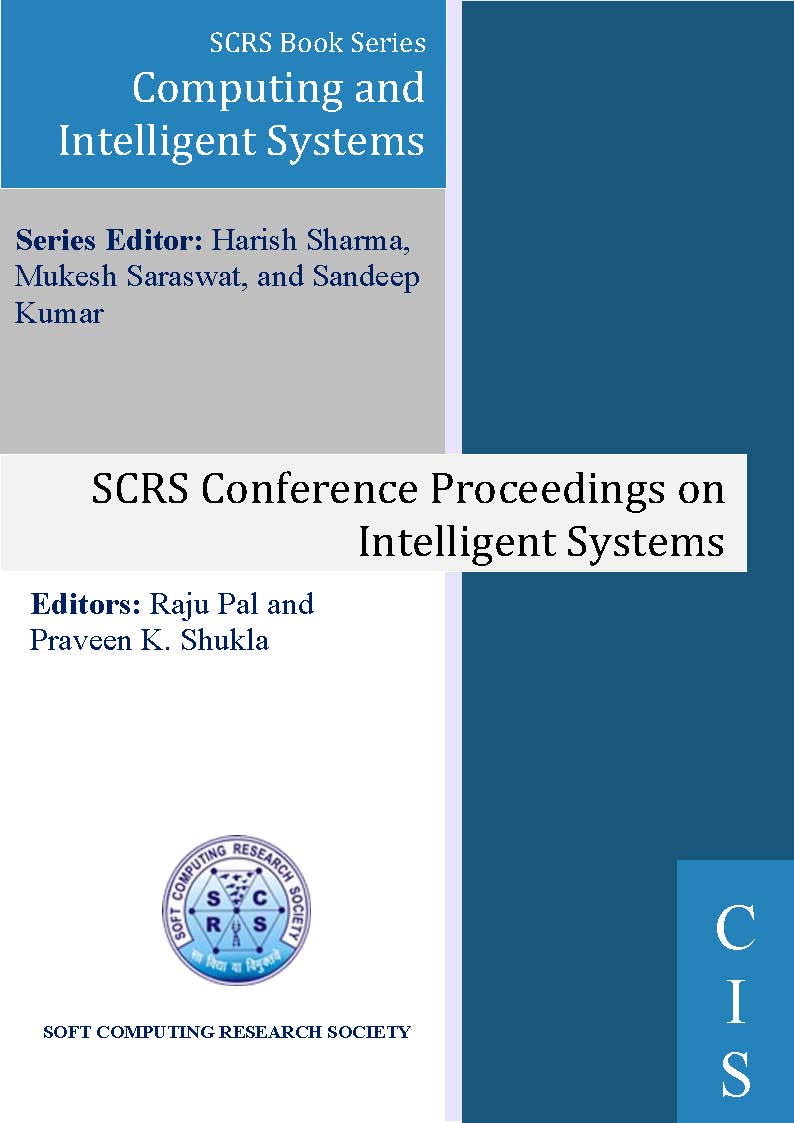
Exploring Negotiation and Sustainability behaviour of University Learners through a Serious Game: The case of Darfur is dying
Authors: Eleni G Makri
Publishing Date: 16-09-2022
ISBN: 978-81-955020-5-9
Abstract
Gaming for engaged education and training hold an increasingly important collective theme for academics, researchers and software developers worldwide. Claiming no fixed rules for efficacious negotiation, civic and sustainability game-based learning and capacity decisions, this study builds on investigating negotiation/conflict and civic/sustainability-related attitudes and skills surveyed in serious game play university setting. We report on 110 Greek private university graduate students’ negotiation/conflict and civic/sustainability management-associated attributes after gaming when compared with lecture instruction as part of negotiation module in psychology course sessions in the academic year 2019/2020. After gaming, male and female students indicated beneficial civic learning-associated attributes like knowledge of and favorable orientation towards engagement and practice of political activities, nation-wide, community and town-related challenges. Overall, this civic capacity seemed to be facilitated by less impulsive negotiation/conflict and positive civic/sustainability management behaviour in both genders post-gaming. The negotiation/conflict resolution and civic/sustainability management continuum attributes indicated after gaming are discussed together with theoretical and practical implications and avenues for further research regarding serious games negotiation/civic pedagogy and experience.
Keywords
Serious games, Negotiation/conflict management, Civic/sustainability development, Tertiary education, Greece.
Cite as
Eleni G Makri, "Exploring Negotiation and Sustainability behaviour of University Learners through a Serious Game: The case of Darfur is dying", In: Saroj Hiranwal and Garima Mathur (eds), Artificial Intelligence and Communication Technologies, SCRS, India, 2022, pp. 437-446. https://doi.org/10.52458/978-81-955020-5-9-41